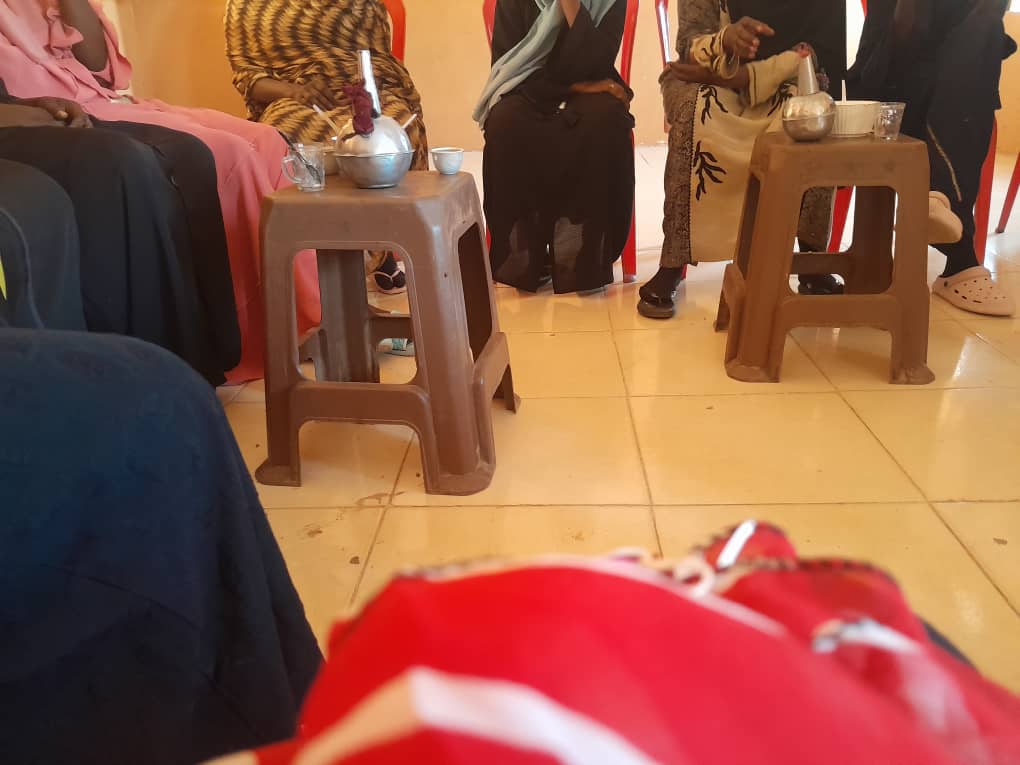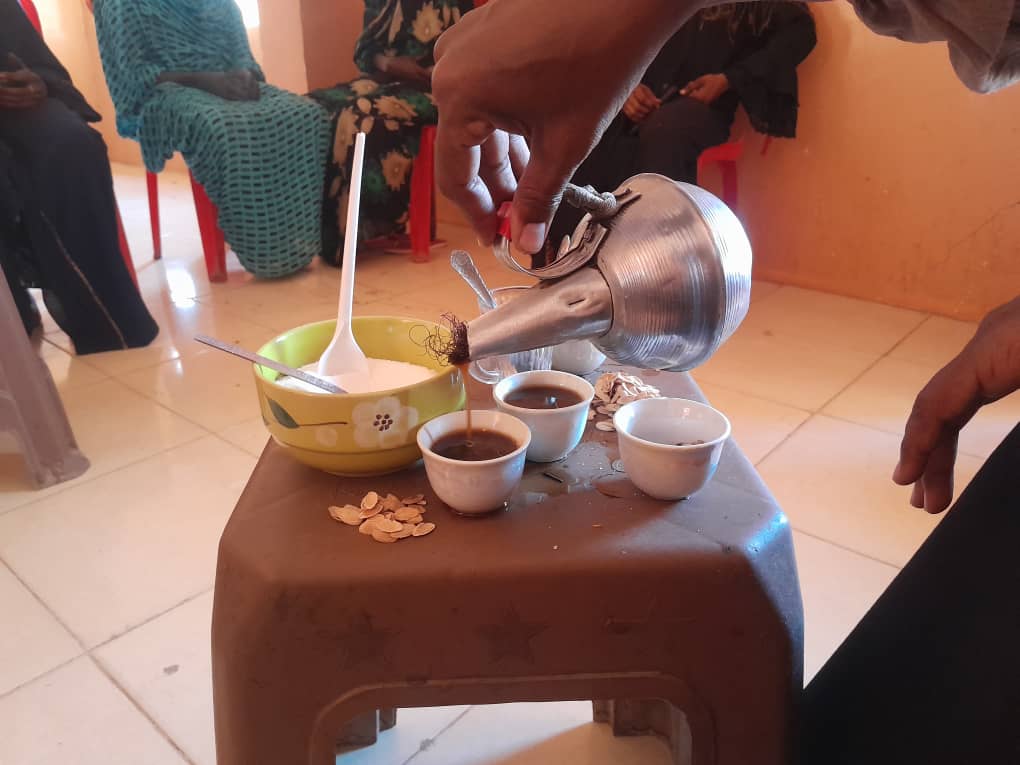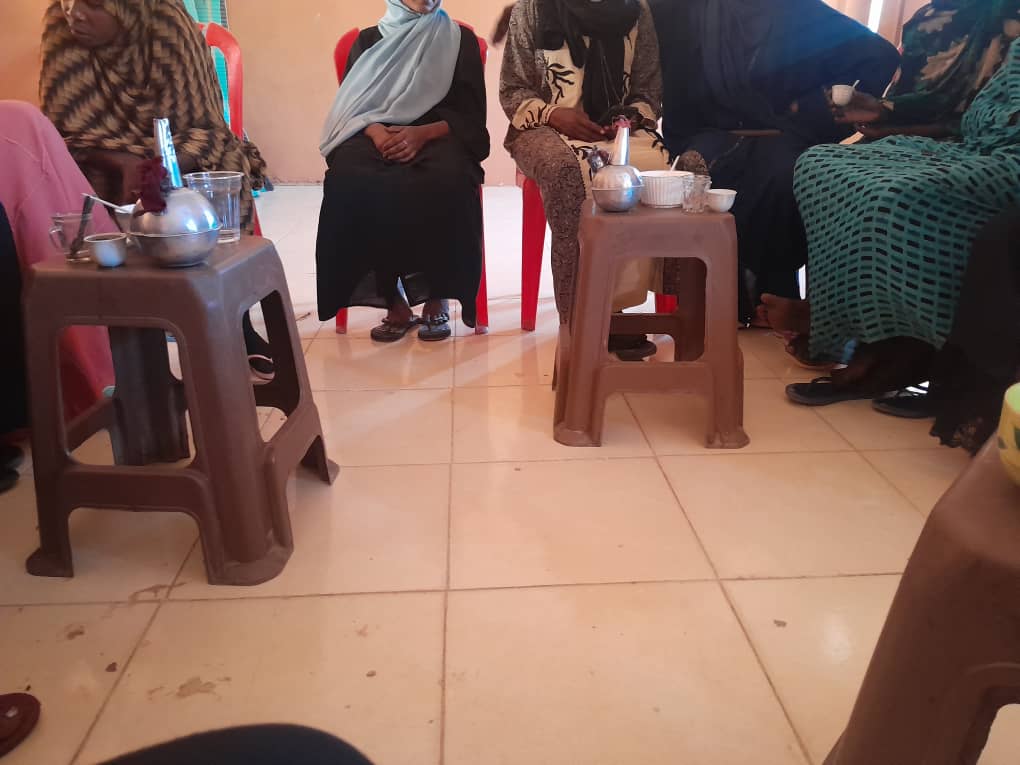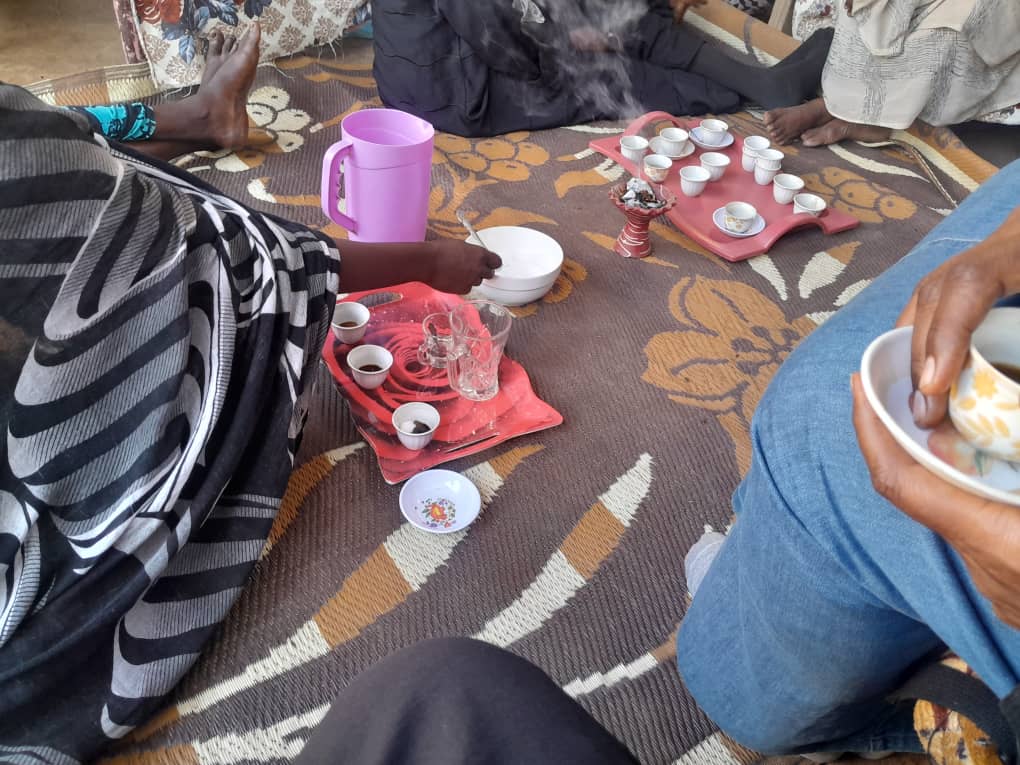Numun’s note: This is a blog post created by Noon Feminist Movement, one of Numun’s nodes of organisers in Sudan participating in Feminist Tech Playground 2.0 Connectivity & Crisis, to explore the question of how feminist networks, movements and communities can better prepare and care for ourselves in a context of multiple, interconnected crises, especially when it comes to ensuring continued ability to connect, share information and resources, organise, document and communicate.
We stand in solidarity and rage with our Sudanese siblings. The struggle for Sudan is a Black, feminist, African struggle, part of the same fight for freedom and dignity that threads through every border drawn by violence and power. If you can, please contribute your support directly to Sudanese-led initiatives gathered and shared here.
The communities of Eastern Sudan, particularly in Kassala State, form a diverse and complex social fabric, bringing together multiple tribes and cultures that intersect through shared histories, beliefs, and social practices. This diversity, while rich in culture, gives community healing processes in the region a high degree of specificity, as responses to trauma and psychological distress vary according to each community’s social composition, beliefs, and internal relationships.
Social Diversity and Local Healing Practices
Communities in Eastern Sudan are characterized by significant variation in lifestyles and belief systems. Some define their identity through nomadism and tribal structures, while others center around agriculture, cross-border trade, or humanitarian work. This diversity directly shapes the ways people approach healing. While some communities turn to spiritual and religious practices, such as dhikr (remembrance), chanting, visits to saints’ shrines for blessings, and group recitations, others rely on traditional social gatherings such as community gatherings, coffee and Zar sessions, and communal events that provide space for collective emotional expression and mutual psychosocial support.
Zār is a traditional communal healing ritual practiced in parts of Sudan, Ethiopia, and Eritrea. It is led by women spiritual healers, musicians, and dancers, and serves as a sacred space for emotional release, spiritual connection, and collective empowerment.
In these environments, it is widely believed that healing can only occur within the collective, that an individual cannot heal in isolation. This gives special importance to collective, participatory methodologies in healing, where sessions are built around listening, sharing, and rebuilding trust within the social fabric. These methodologies serve not only as therapeutic tools but also as means of reviving solidarity, one of the foundational values of Eastern Sudanese culture.

Healing During War and Displacement
Since the outbreak of war in Sudan in April 2023, communities in the east have experienced new layers of psychological and social distress. Internal displacement, service disruption, insecurity, and frequent internet blackouts have created environments of anxiety, isolation, and loss of connection. These conditions have produced intense psychological pressure, making the need for community-based healing more urgent than ever.
With virtual communication often impossible due to repeated internet cuts, communities have turned to reviving in-person gatherings, safe, familiar spaces that restore a sense of human warmth and break the isolation and fear imposed by war. This form of physical connection has proven highly effective in creating safe, comfortable spaces that encourage people to express themselves freely, to talk, cry, laugh, and share, within a framework of collective safety and care.

The Healing Circles in Kassala
The healing circles in “Al-Dhiyaf,” Kassala offer a living example of these community-based practices. These are flexible and open sessions that do not follow strict rules but rather mirror the organic rhythms of traditional grassroots gatherings. Participants sit in simple circles, speak in their everyday language, share stories and experiences, and support each other without judgment or hierarchy.
The atmosphere in these sessions is marked by comfort and intimacy, participants feel as though they are in a “large shared home,” surrounded by people who mirror their own experiences, and often, their pain. This sense of safety and belonging forms the foundation of the healing process itself, offering genuine space to express repressed emotions, rebuild trust, and search for new meaning in the midst of loss and uncertainty.

Decolonial Healing and Collective Resistance
The experience of community healing in Eastern Sudan, and Kassala in particular demonstrates that the most effective responses to crises are not necessarily those imported from outside, but rather those that emerge from within the community itself, from its language, symbols, and collective memory. In this sense, healing becomes a decolonial act, resisting external prescriptions both in narrative and in practice.
In societies burdened by war, emergencies, and isolation, healing is a collective act of resistance, resistance against collapse, erasure, loneliness, and fragmentation. It becomes an opportunity to reclaim the self, restore trust, and rebuild the capacity for collective organization and care.
To support Sudanese humanitarian efforts:
The city of El Fasher, once a refuge for thousands escaping the war, has now become a graveyard. After an 18-month siege, thousands of people were forced to walk for days in search of safety.
If you’re able, please consider contributing directly to Sudanese-led initiatives through the links below:
🔗 linktr.ee/bsonblast
🔗 opencollective.com/support-sudanese-comrades
